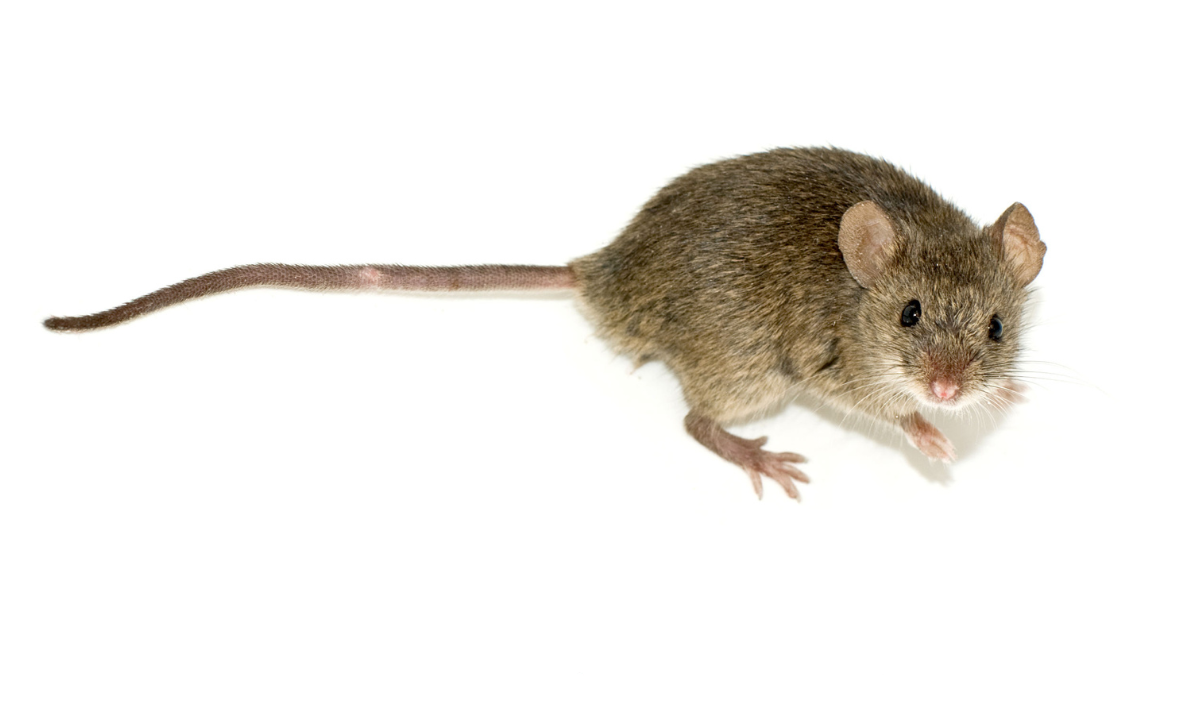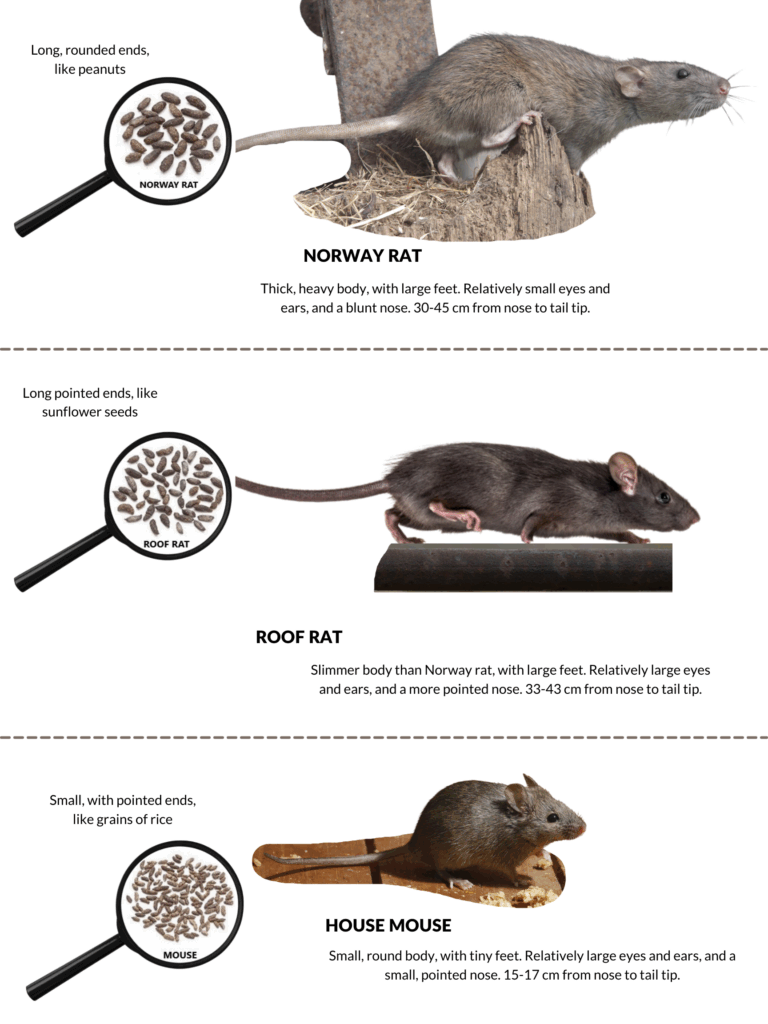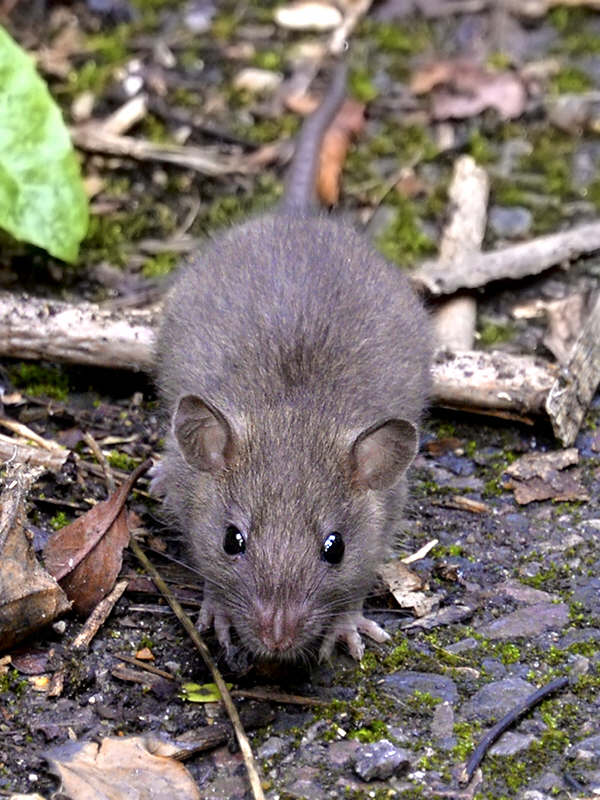Mice

Mice in Massachusetts – Identification, Risks, and How to Keep Them Out of Your Home
While they may seem small and harmless, mice are one of the most persistent household pests in Massachusetts. These rodents can squeeze through openings as small as a dime, allowing them easy access into homes throughout Cape Cod and Plymouth County. Once inside, mice quickly establish nests, reproduce rapidly, and cause a variety of problems ranging from property damage to health risks.
In towns like Barnstable, Falmouth, and Mashpee, mice are a year-round concern. They thrive in both urban and suburban environments, often entering homes during colder months in search of food and warmth. Unlike some pests that come and go, mice can stay and multiply, turning a minor problem into a major infestation in a short amount of time. ServPest specializes in eliminating these pests and preventing them from returning, keeping your home and family safe.
Common Mouse Species in Massachusetts
The most common species found in Massachusetts homes is the House Mouse, a small rodent with a pointed nose, large ears, and a long, slender tail. They are usually light brown or gray in color. House mice prefer to live near humans, using our homes for shelter and food sources.
Another species occasionally encountered is the Deer Mouse, which is more common in rural areas and known for its white underbelly and bi-colored tail. Deer mice are particularly concerning because they can carry hantavirus, a potentially dangerous respiratory disease. Regardless of the species, both pose serious problems when they invade homes.

How to Identify a Mouse Infestation
Mice are nocturnal and secretive, so you may not see them directly. Instead, you’ll notice the signs they leave behind. Common indicators include:
Droppings: Small, dark, and rod-shaped, often found along baseboards, inside cupboards, or near food sources.
Gnaw Marks: Mice chew constantly to keep their teeth short, leaving behind small bite marks on wood, wires, and packaging.
Nests: Made from shredded paper, fabric, and insulation, these nests are typically hidden in secluded areas such as attics or behind walls.
Scratching Noises: Sounds of movement in walls, ceilings, or under floors, especially at night.
Grease Trails: Mice leave behind greasy smudge marks along walls where they travel frequently.
Because mice breed quickly, producing litters of up to six babies every three weeks—early detection is crucial.

Health Risks and Property Damage Caused by Mice
Mice are not just an annoyance; they are a real threat to both your health and your home. They contaminate food with their droppings and urine, spreading diseases like salmonella and leptospirosis. Their nesting materials can also trigger allergies and asthma symptoms in sensitive individuals.
Beyond health risks, mice cause significant property damage. Their chewing habits can destroy insulation, wooden structures, and even electrical wiring, increasing the risk of electrical fires. The longer an infestation goes untreated, the more damage these small rodents can cause.
Why Mice Are a Persistent Problem on Cape Cod
The coastal environment and residential layout of Cape Cod create perfect conditions for mice to thrive. Homes with easy access to food, like unsecured trash or pet food, and plenty of hiding places are particularly vulnerable. Cold winters also drive mice indoors, where they can nest undisturbed in attics, basements, and wall voids.
Older homes, which are common in towns like Orleans, Harwich, and Chatham, often have small gaps and cracks that provide easy entry points for mice. Even newer constructions are not immune if proper preventive measures are not in place.
How to Prevent Mice from Entering Your Home
Keeping mice out starts with removing what attracts them. Homeowners can take several preventive measures to minimize the risk of infestation:
Seal Cracks and Gaps: Inspect your home’s exterior and seal even the smallest openings around windows, doors, and utility pipes.
Secure Food Sources: Store food in airtight containers, keep counters clean, and avoid leaving pet food out overnight.
Maintain a Clean Environment: Remove clutter where mice could hide and keep storage areas organized.
Proper Garbage Management: Use sealed trash bins and dispose of waste regularly.
Trim Vegetation: Keep bushes and trees trimmed away from the house to eliminate pathways for mice.
While these steps help reduce the risk, they cannot always prevent infestations completely, especially if a population has already established itself indoors.
Professional Mouse Control Solutions
DIY traps may catch a few mice, but they rarely solve the problem entirely. The mice you see are often only a small part of a much larger infestation. To completely eradicate mice, you need professional help.
At ServPest, we use a comprehensive approach to mouse control. Our experts conduct a detailed inspection to identify entry points, nests, and activity areas. We then use safe, targeted treatments combined with exclusion methods to remove the mice and prevent them from coming back. After treatment, we provide guidance on how to keep your home protected long-term.
Our team has extensive experience dealing with mouse infestations across Cape Cod, including Barnstable, Dennis, and Provincetown. When you choose ServPest, you’re choosing local expertise that understands the unique challenges of rodent control in Massachusetts.

Frequently Asked Questions About Mice
Mice can squeeze through gaps as small as a dime, making it easy for them to enter through cracks in the foundation, gaps in doors, or holes around utility pipes.
Yes. They spread diseases, contaminate food, and cause property damage by chewing through insulation and wiring.
While traps may catch a few, they don’t eliminate the source of the infestation. Professional treatments address the entire population and prevent future invasions.
Very quickly. A single pair can produce dozens of offspring in a few months, which is why early intervention is so important.
Seal entry points, remove food sources, and maintain a clean environment. For complete protection, schedule regular inspections with a pest control professional.
Protect Your Home with ServPest
Barnstable County, MA
Plymouth County, MA
Mon - Fri 7:00 am - 7:00 pm
Sat 8:00 am - 3:00 pm
Sun: Closed
Operation Hours: Mon-Sat: 7am - 7pm
Office: (508) 815-4842
Alternate: (508) 815-3114
info@servpest.com

